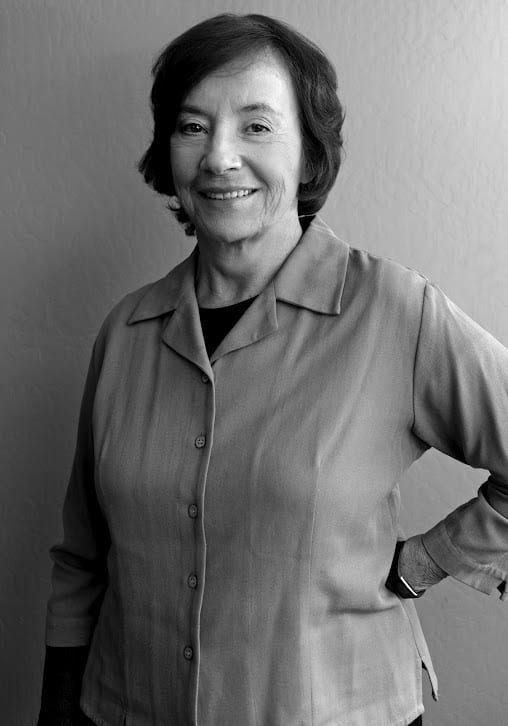
We know from scientific research that, in general, people don’t freak out about the results they get from personal genetic testing. When the results show an increased risk for serious illness, how do they react?
It turns out that even then, the news doesn’t trigger serious anxiety. Quite the contrary, the results, according to a new 23andMe study published today in the online academic journal PeerJ found these test results prompted people to take positive steps, including talking to their doctors and discussing the results with family members who could also be at risk.
Lead author of the study and 23andMe’s Senior Medical Director, Dr. Uta Francke said the research addresses one of the most urgent questions in the field of genetics, “namely the impact of receiving unexpected information about high genetic risk for a life threatening disease.”
In this case, the study looked at how people reacted when they learned for the first time that they carried a mutation in either the BRCA1 or BRCA2 gene that put them at higher risk for breast and ovarian cancer.
Five to ten percent of breast cancers occur in women with a genetic predisposition for the disease, usually due to mutations in either the BRCA1 or BRCA2 gene. The mutations at the center of this study are responsible for a substantial number of hereditary breast and ovarian cancers among women with Ashkenazi Jewish ancestry.
The study found that those who acquired the potentially life-saving information not only took appropriate actions on their own behalf, but also notified relatives who might share that risk. In what the study described as a “cascade effect,” these relatives were tested because they were related to someone who had one of the high risk mutations.
A number of relatives who were subsequently tested discovered they too had one of the high risk mutations.
The findings are important given that a frequent criticism of direct-to-consumer testing is based on the assumption that it causes either serious emotional distress or triggers deleterious actions on the part of consumers.
Individuals who learned they had the mutation said they did not suffer serious emotional distress, and did not take inappropriate actions.
The study authors suggested that broader screening of Ashkenazi Jewish women for these three BRCA mutations should be considered.”



